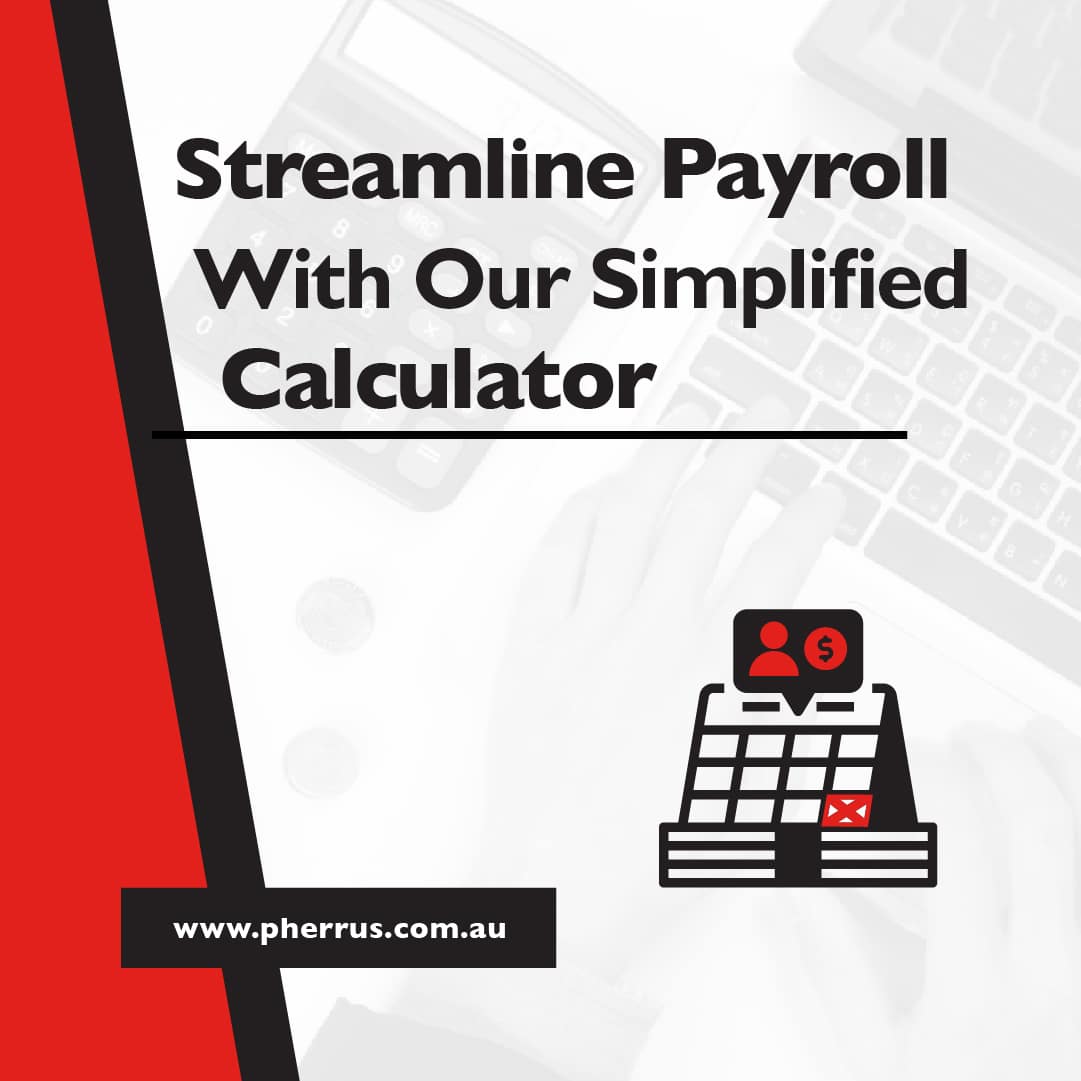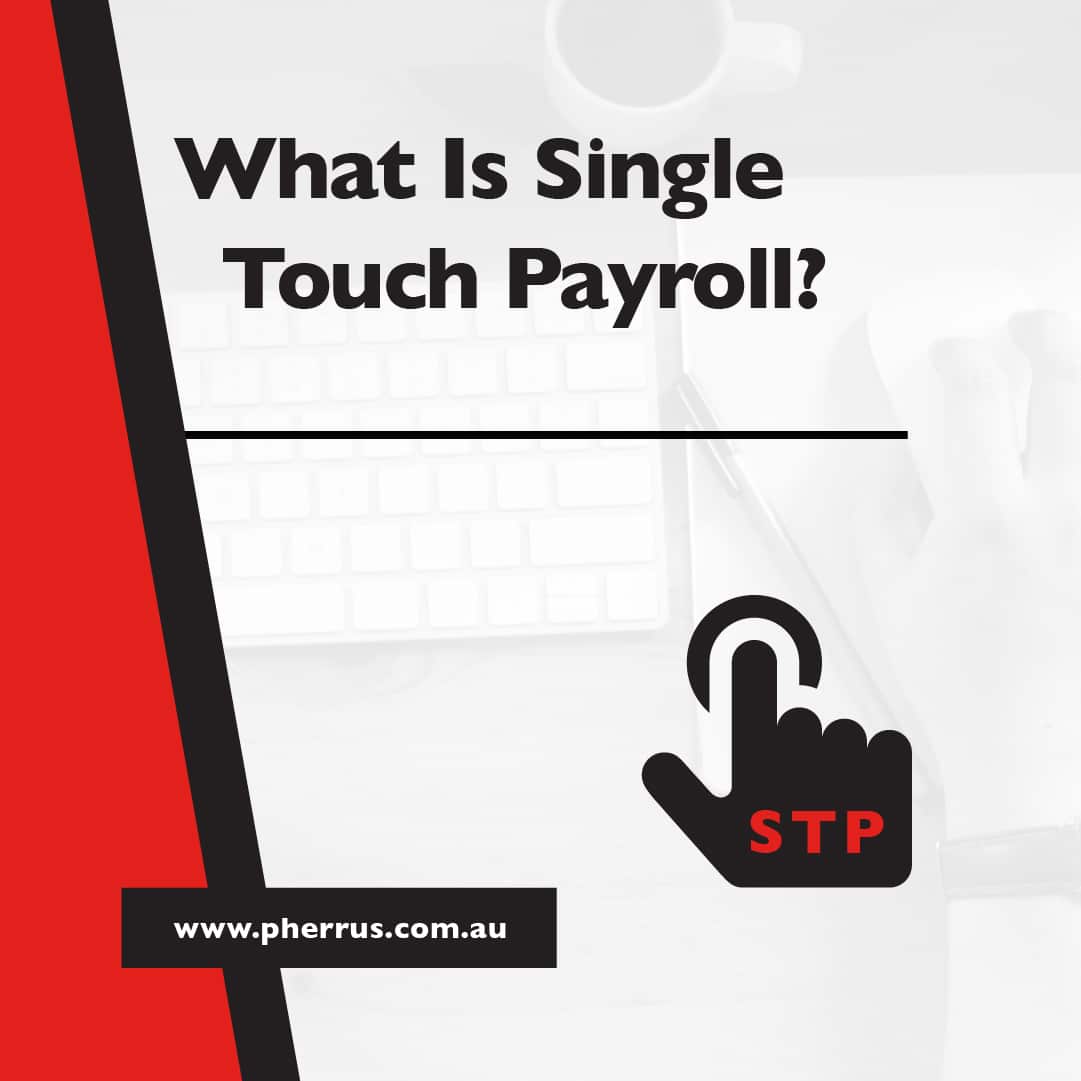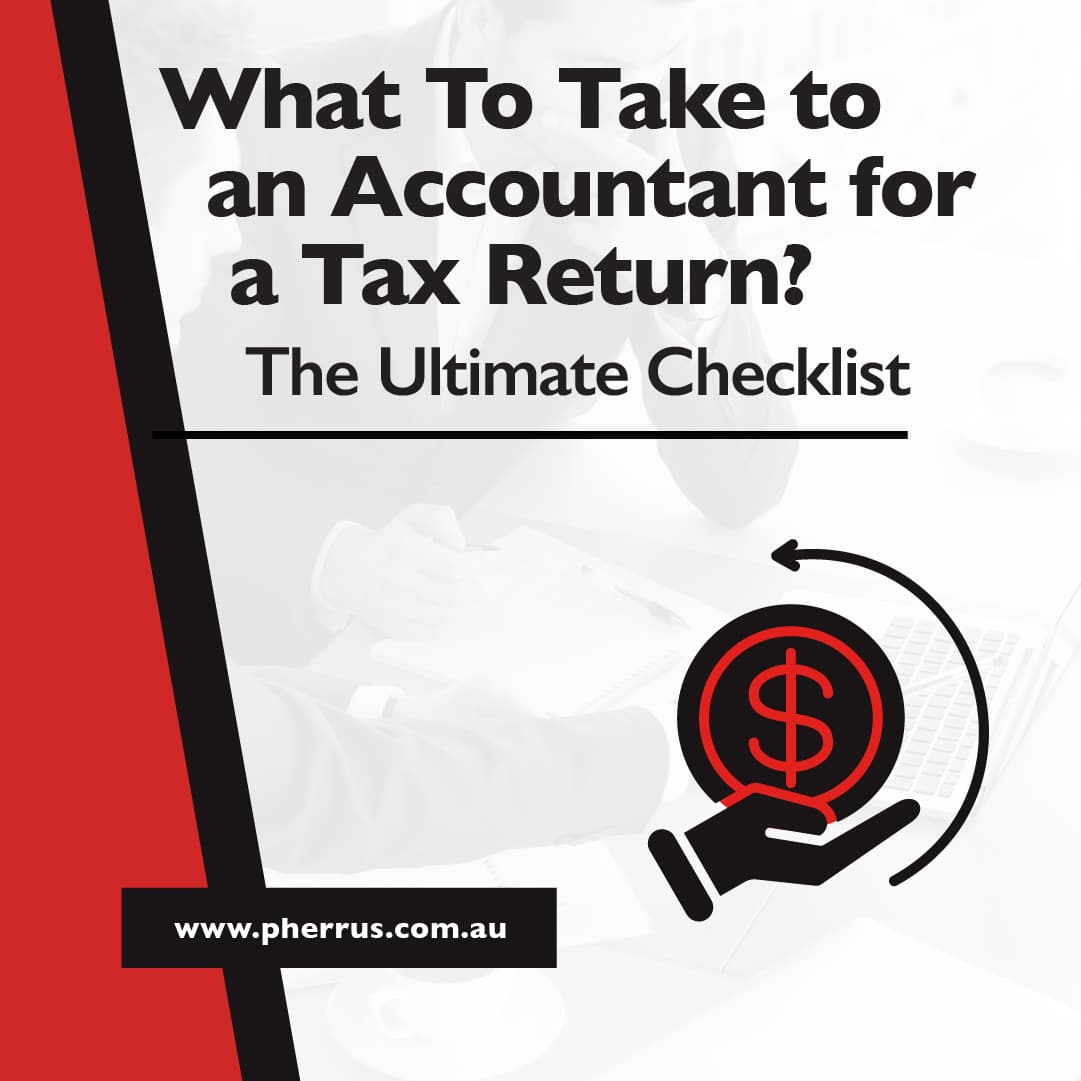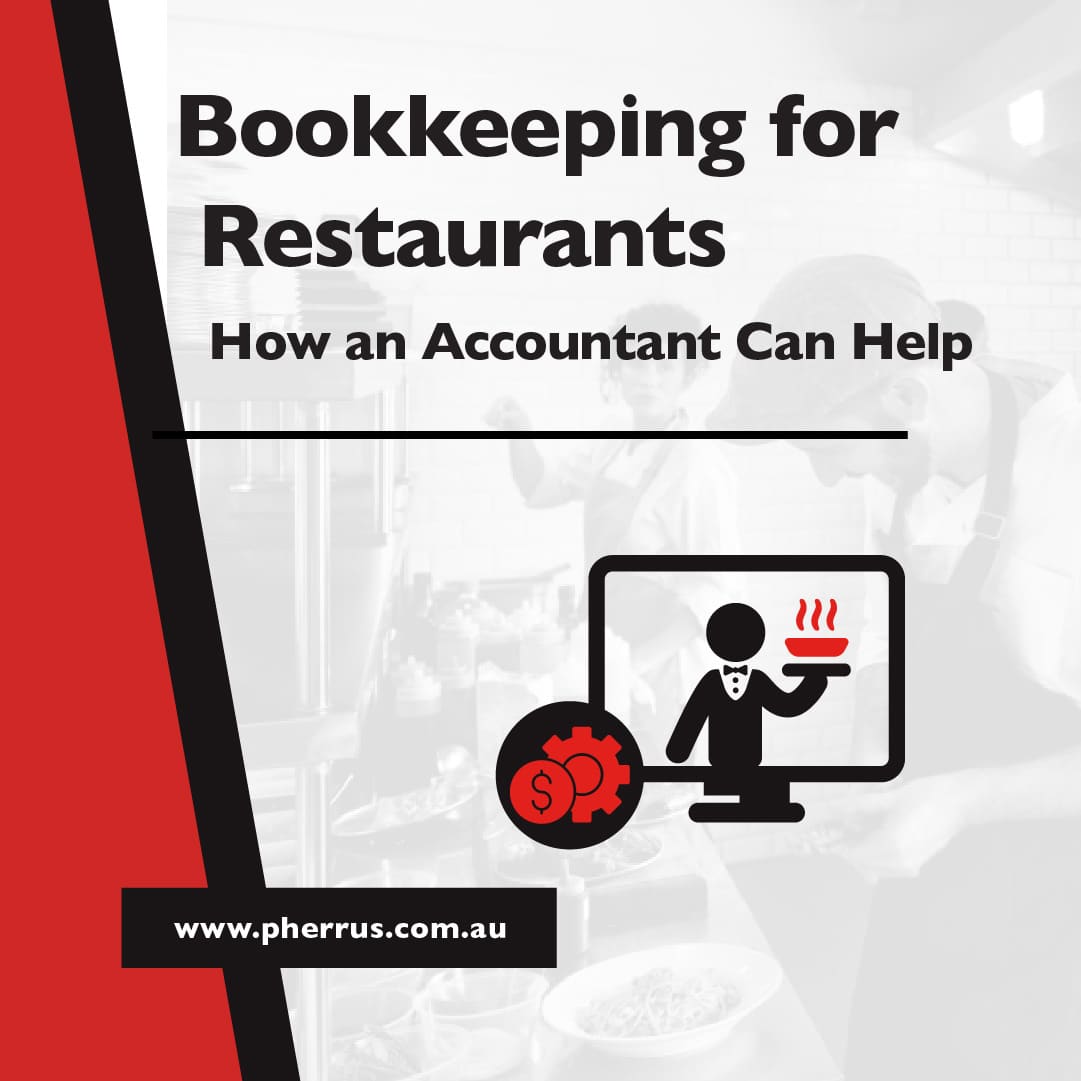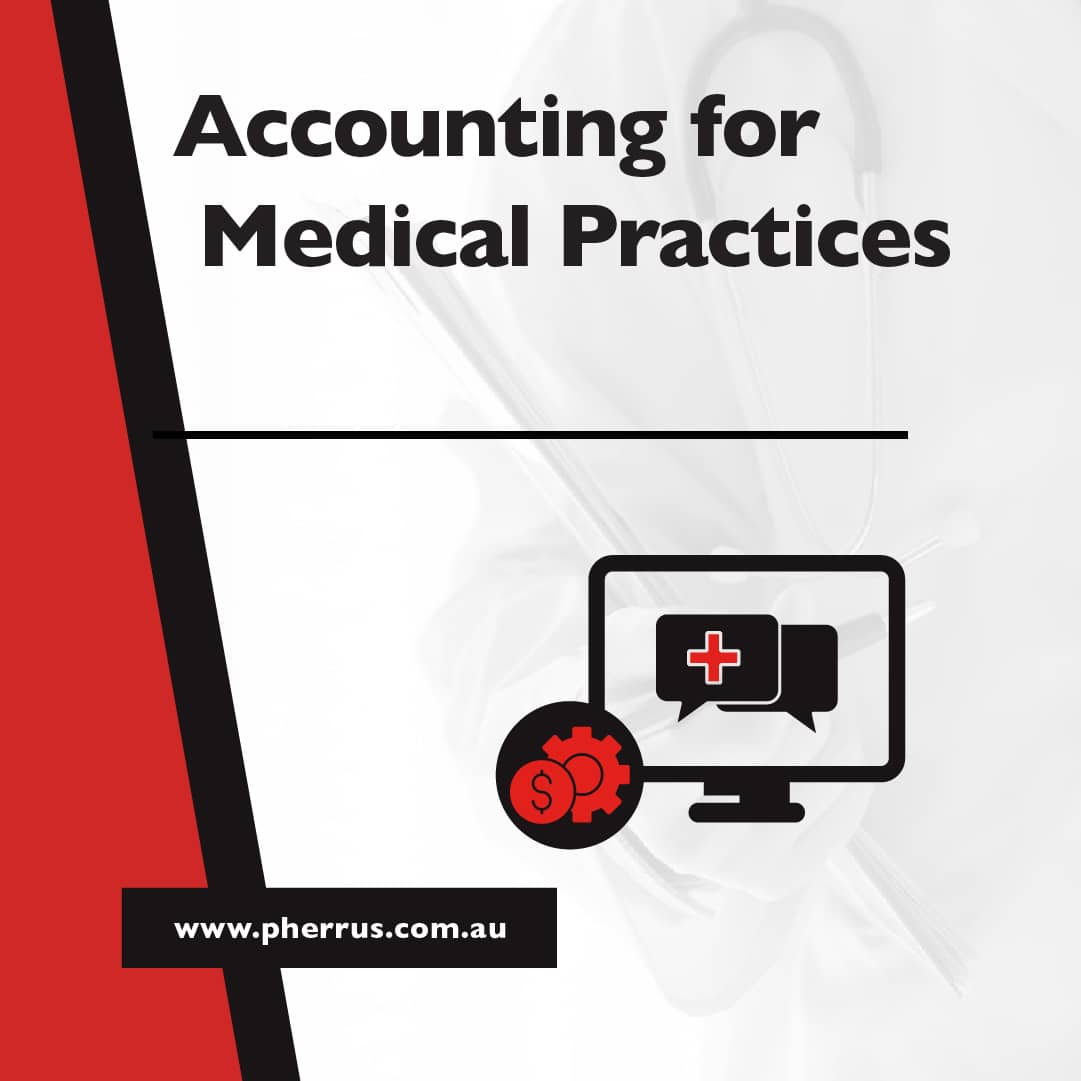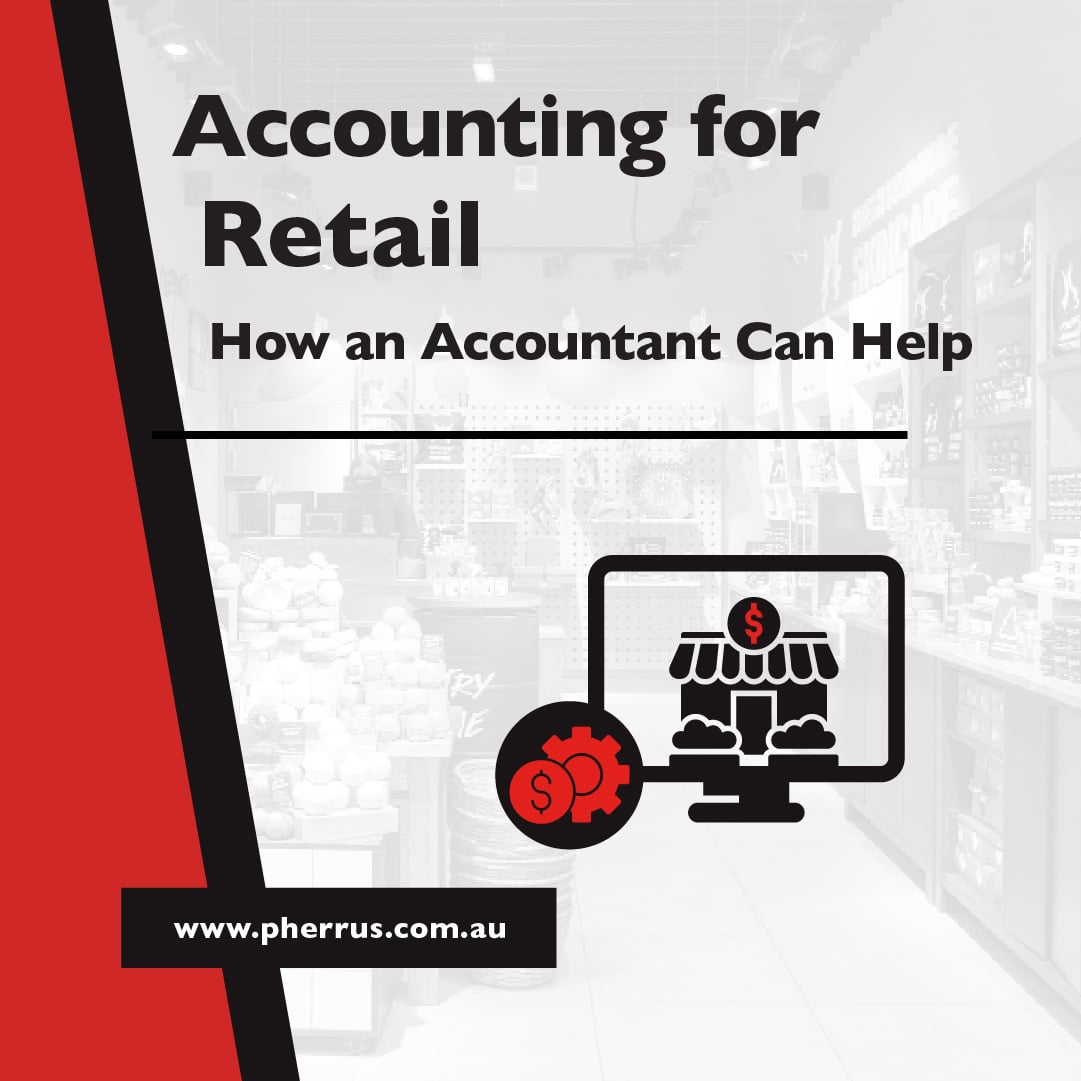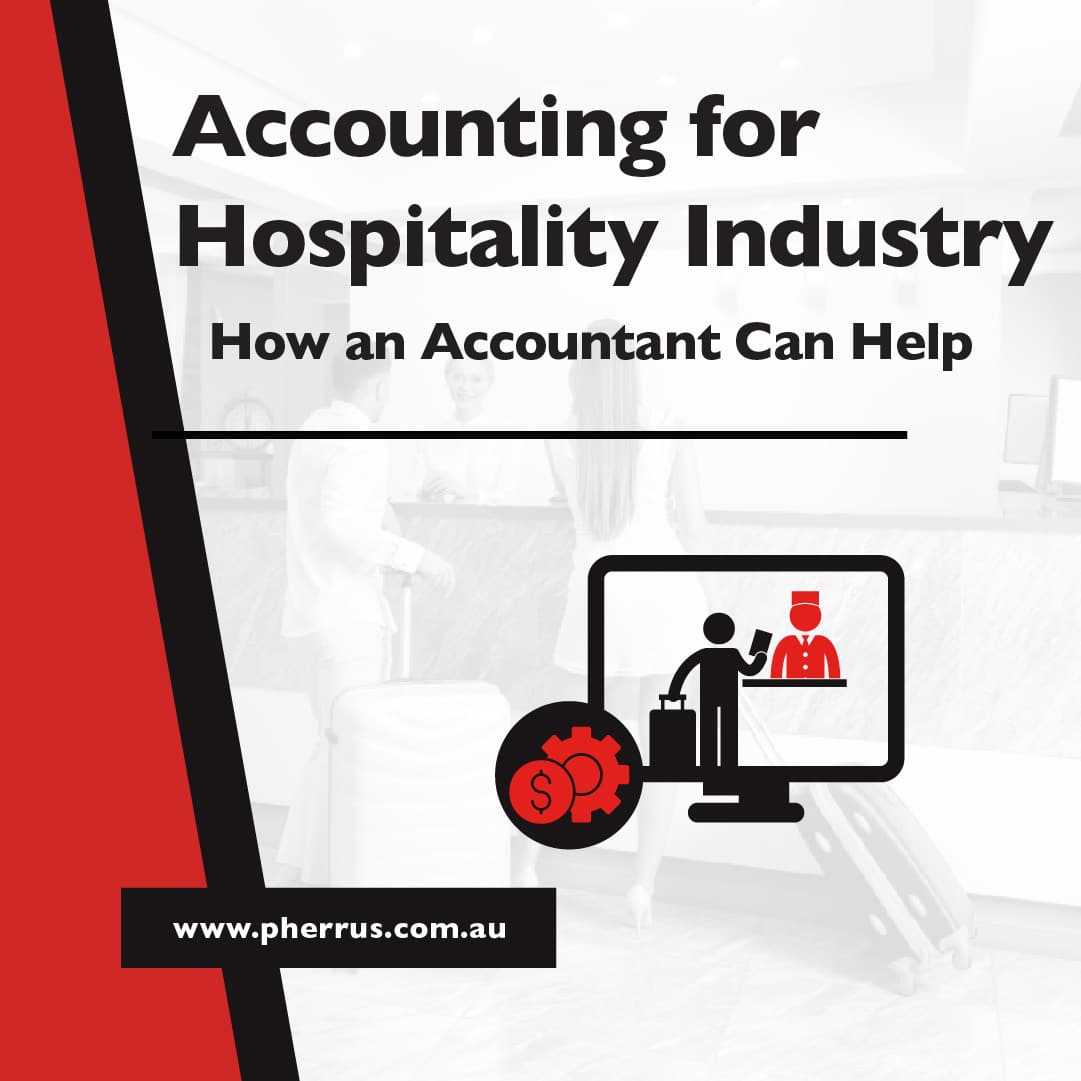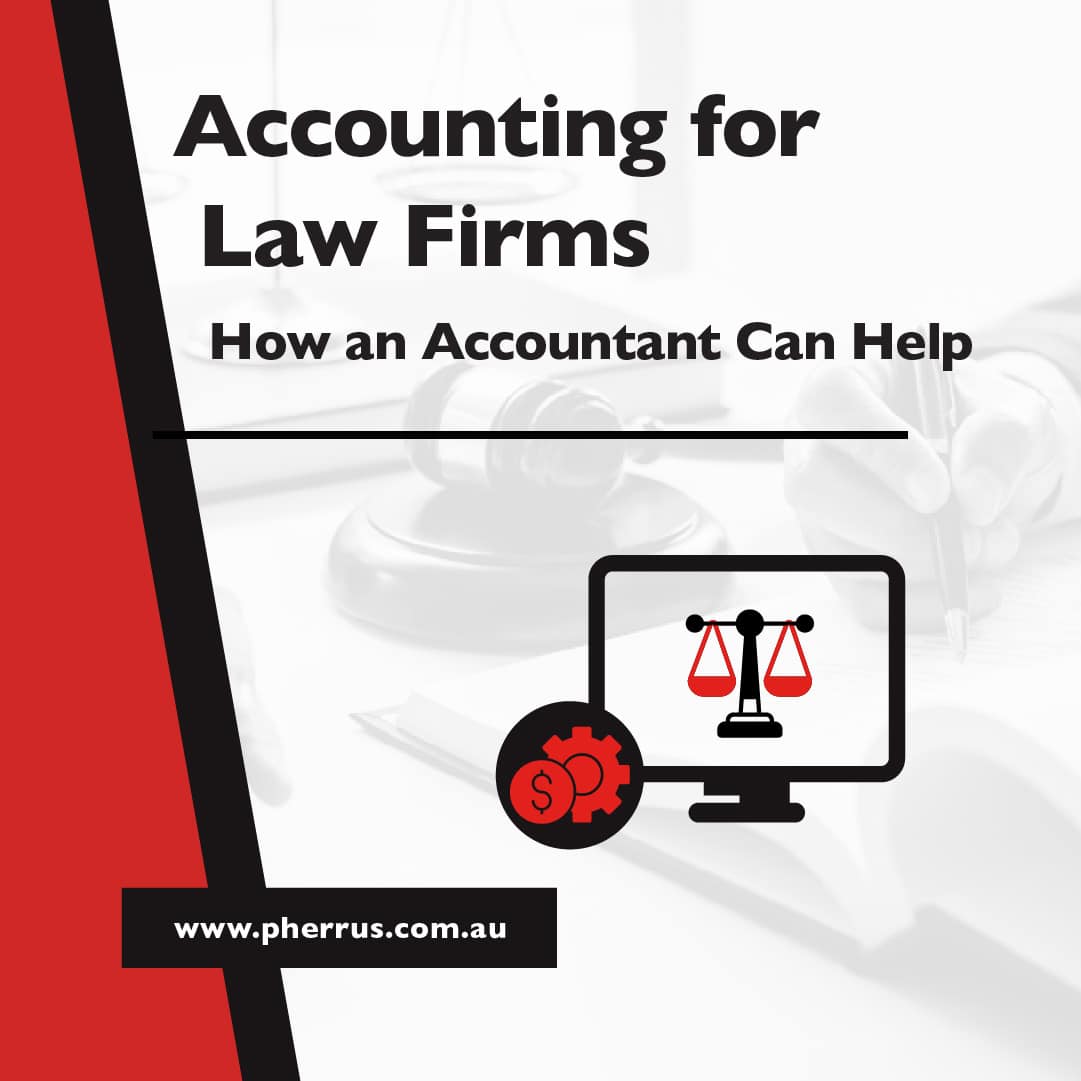Streamline Payroll With Our Simplified Calculator
Are you tired of complex payroll calculations? Say goodbye to this headache thanks to our user-friendly payroll calculator that simplifies the process for you. This calculator uses the latest Australian Taxation Office payroll formulas to help you efficiently calculate your employees’ wages, taxes, and deductions with less chance of costly errors, as manual calculations are…

